| John Baker, our Managing Partner, has researched two railway accidents that happened at the same Somerset village 50 years apart. This research has been in support of Norton Fitzwarren's bid to receive a 'red wheel' heritage plaque from the Transport Trust in recognition of the villagers' efforts to rescue the victims in both crashes. The leader of the project, Mary Hayward, had seen our news article on the 1940 accident and asked if we could help with her research. Of course, we were delighted to help especially since both accidents had a significant 'human factor' element. We have previously written a short article on the 1940 accident, but the accident of the 11th November 1890 was also blamed on 'human error'. In this accident the signaller, George Rice, forgot that he had left a goods train standing on the main line and allowed an approaching fast passenger train into the same section. The passenger train collided with the stationary goods engine, killing 10 passengers and seriously injuring many more. John's research revealed several new facts about both accidents and also documented more about the victims and those involved. This research has been published on posters that will be displayed in Norton Fitzwarren Village Hall. Copies of the posters for download are included at the end of this article. As part of the Red Wheel project, John was asked to give a radio interview to the BBC - this is now available on the BBC website. On the 17th November, the Transport Trust awarded Norton Fitzwarren with a 'Transport Heritage Site' award. We were delighted to attend to see the culmination of Mary Hayward's work to get the actions of the villagers recognised following these two tragic accidents.
| |||||||||||
|
1 Comment
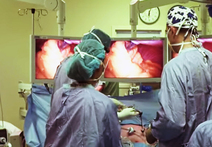 Event recorders, often referred to as 'black boxes', have been common in the aviation and rail sectors for many years. These devices record critical actions of the operator (pilot or driver) as well as information about the vehicle such as speed and acceleration rates. Event recorders are mainly known for their use in reconstructing the events before a serious accident, but they can also be used proactively to unobtrusively monitor an operator's performance. Used in this way they can provide an opportunity to develop competence or change behaviour before an undesirable event occurs. We make use of event recorders in both competence management systems and during accident investigations for rail and tram clients. Now, a surgeon in Toronto is pioneering the use of these devices in surgery to help identify problems in preparation for surgery, and as a tool to investigate problems after they have happened. Read the full news story on the Toronto City News website. |
Archives
November 2020
Categories
All
|

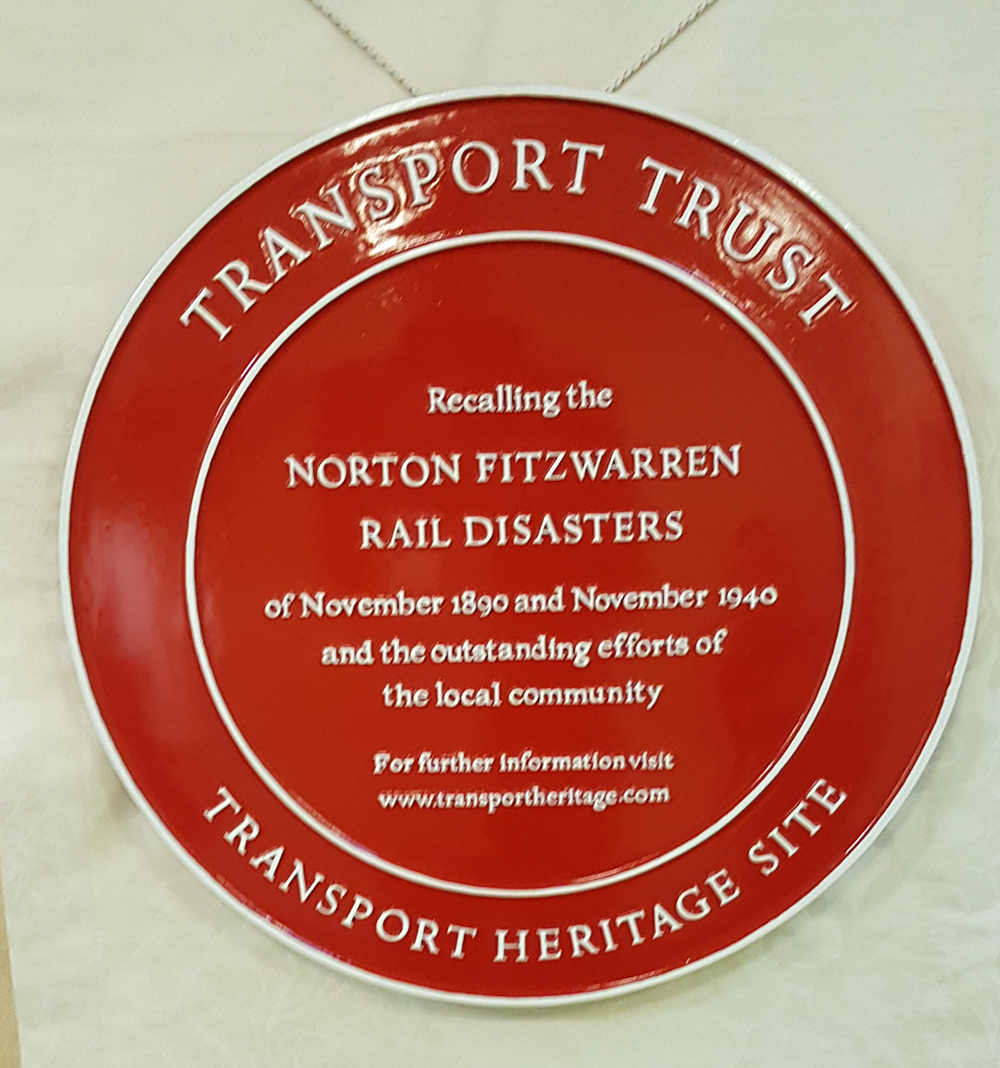
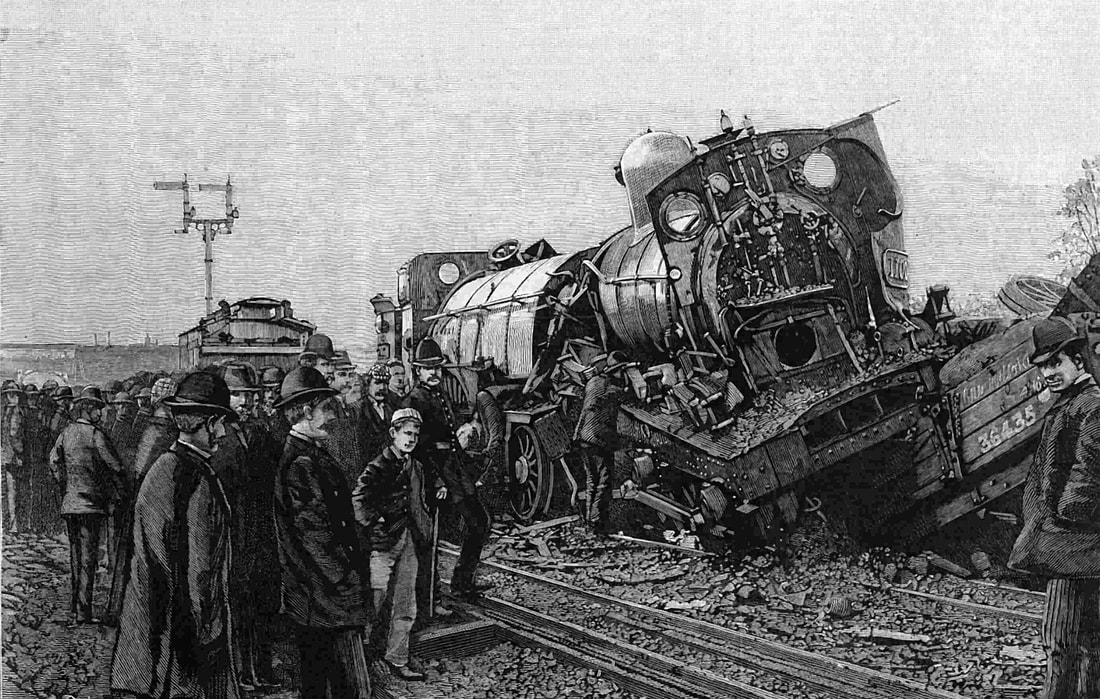
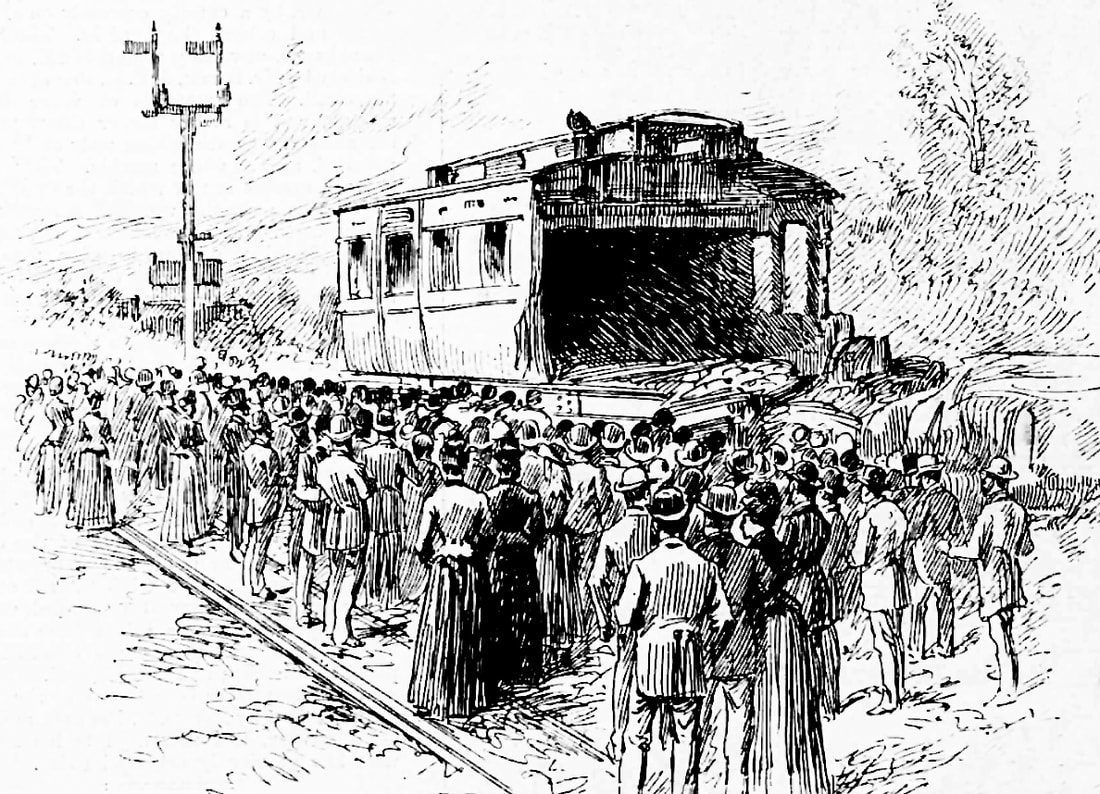
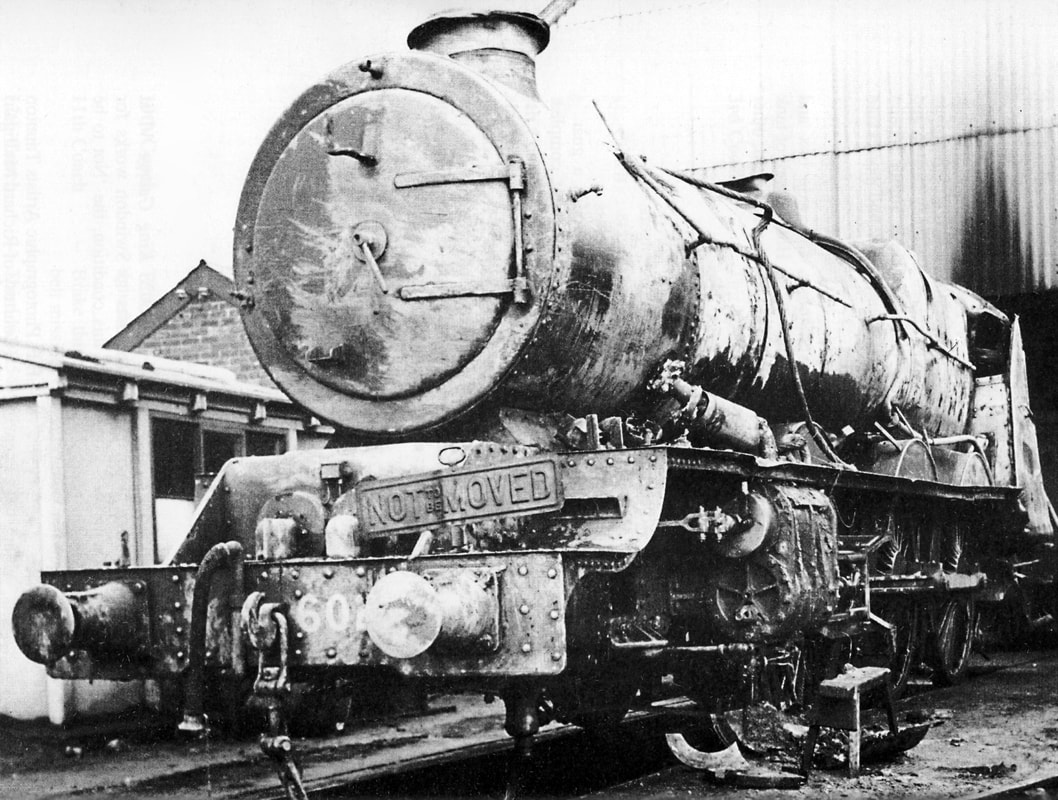
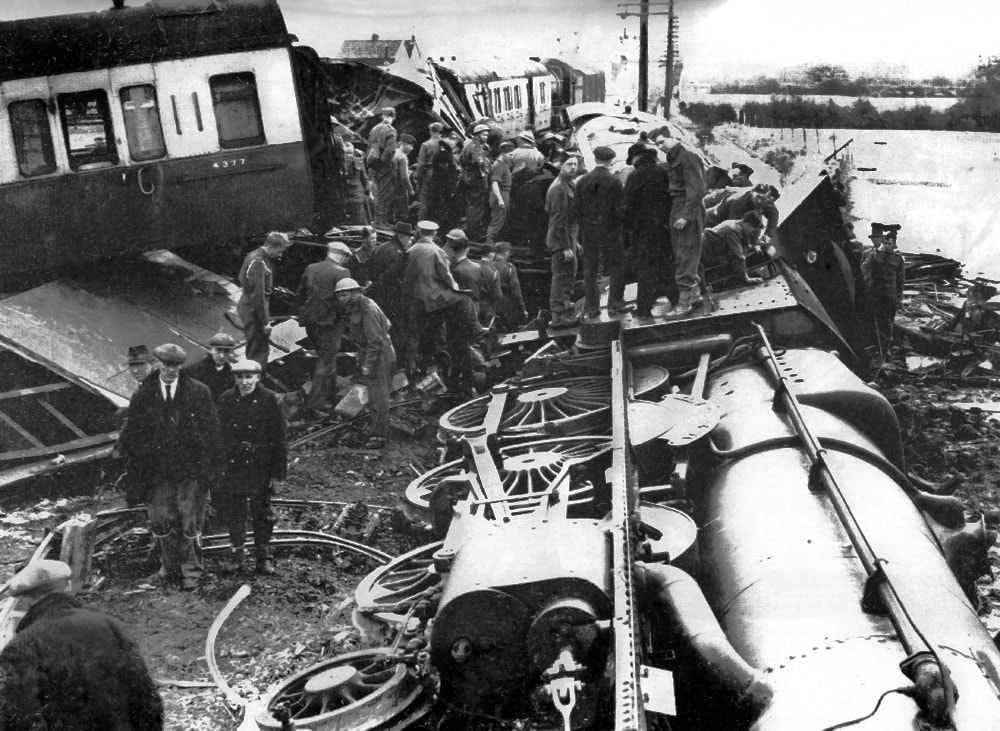
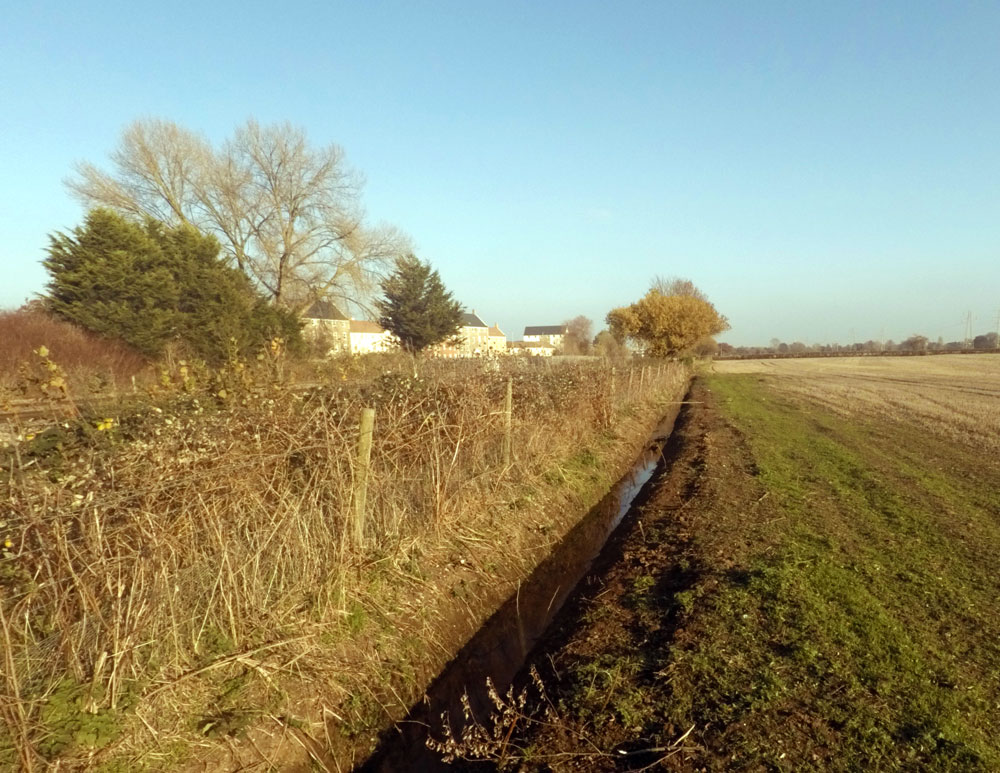
 RSS Feed
RSS Feed